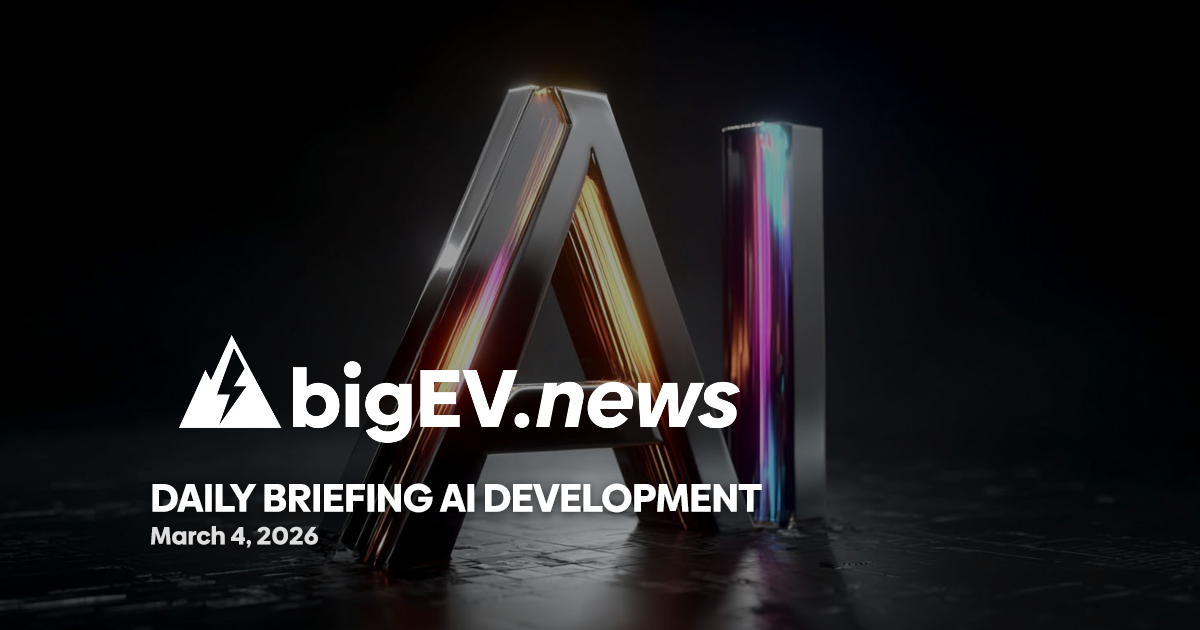Today’s advances in artificial intelligence drive new models for healthcare, materials, policy, and infrastructure, with regulatory and financial shifts accelerating adoption.
At a glance – The past 24 hours have seen a surge in artificial intelligence breakthroughs across multiple sectors, with new tools and models pushing the boundaries of what’s possible in healthcare, materials science, and infrastructure. Notably, McGill University researchers unveiled DOLPHIN, an AI tool capable of detecting over 800 previously invisible genetic markers in single cells, dramatically improving early cancer detection and treatment personalization. DOLPHIN’s ability to analyze RNA splicing at the exon level allows clinicians to distinguish between aggressive and less severe cancer cases, laying the groundwork for virtual cell modeling and more precise drug simulations. This leap in single-cell transcriptomics is expected to accelerate the development of digital cell models, potentially transforming clinical trial design and disease management worldwide.
Technology advance – In materials science, DeepMind’s GNoME system and Microsoft’s MatterGen have made headlines for their rapid generation and validation of stable crystal structures, revolutionizing the discovery of new materials. GNoME leverages graph networks trained on existing data to predict the stability of millions of hypothetical compounds, while Microsoft’s MatterGen takes a more targeted approach, generating crystals with specific desired properties. Meta’s collaboration with Georgia Institute of Technology has further demonstrated AI’s potential in climate technology, using machine learning to identify metal–organic frameworks (MOFs) capable of efficiently capturing CO2 from the atmosphere. These advances are not only speeding up the pace of discovery but also enabling the synthesis of novel materials with direct applications in clean energy and carbon capture, underscoring AI’s growing role in addressing global sustainability challenges.
Partnerships – The UK Research and Innovation (UKRI) announced the launch of METIUS, an £11.5 million, five-year AI-driven project led by Queen’s University Belfast. METIUS aims to revolutionize evidence synthesis for policymakers by combining advanced AI with human expertise, making scientific evidence more accessible and relevant for urgent challenges in education, justice, climate, and international development. This initiative brings together a consortium of academic and industry partners, positioning the UK as a leader in AI-powered policy innovation. The project’s focus on user-informed synthesis is expected to set new standards for evidence-based decision-making, with implications for governments and organizations worldwide seeking to leverage AI for societal impact.
Acquisitions/expansions – Oxford Quantum Circuits, a British startup, has made a significant move by installing New York City’s first quantum computer at Digital Realty’s Manhattan data center. The OQC GENESIS system, integrated with Nvidia’s latest AI superchips, is designed to support hybrid quantum-AI workloads for finance and security sectors. This deployment marks a milestone in transatlantic technology collaboration and showcases British innovation on the global stage. Science Minister Patrick Vallance highlighted the installation as a driver of economic growth and high-skilled jobs, reinforcing the UK’s commitment to advancing quantum and AI technologies in partnership with US industry leaders.
Regulatory/policy – The European Union has published its list of signatories to the voluntary General-Purpose AI (GPAI) Code of Practice, a framework aimed at streamlining compliance with the EU AI Act. Major AI providers including Amazon, Microsoft, Google, Anthropic, OpenAI, and IBM have signed on, committing to transparency, copyright compliance, and safety in managing systemic risks posed by advanced AI models. The Code is designed to reduce administrative burdens and provide enforcement predictability for signatories, while non-signatories may face stricter regulatory scrutiny. Additionally, the Danish presidency is soliciting member state input on potential simplifications to the AI Act, reflecting ongoing efforts to balance innovation with effective governance in the rapidly evolving AI landscape.
Finance/business – In a demonstration of quantum computing’s disruptive potential, engineer Steve Tippeconnic successfully cracked a 6-bit elliptic curve cryptographic key using IBM’s 133-qubit quantum computer. While the key size is far smaller than those securing major cryptocurrencies, this achievement validates theoretical quantum algorithms on real hardware and signals an accelerating timeline for quantum threats to current encryption standards. The breakthrough has prompted calls for urgent regulatory action to safeguard digital assets, with financial institutions and governments closely monitoring quantum advancements. The deployment of quantum-AI hybrid systems in major financial hubs further underscores the sector’s commitment to staying ahead of emerging security risks and leveraging next-generation computing for competitive advantage.
Sources: sciencedaily, nature.com, fladgate.com, Digital Realty, European Union, IBM







